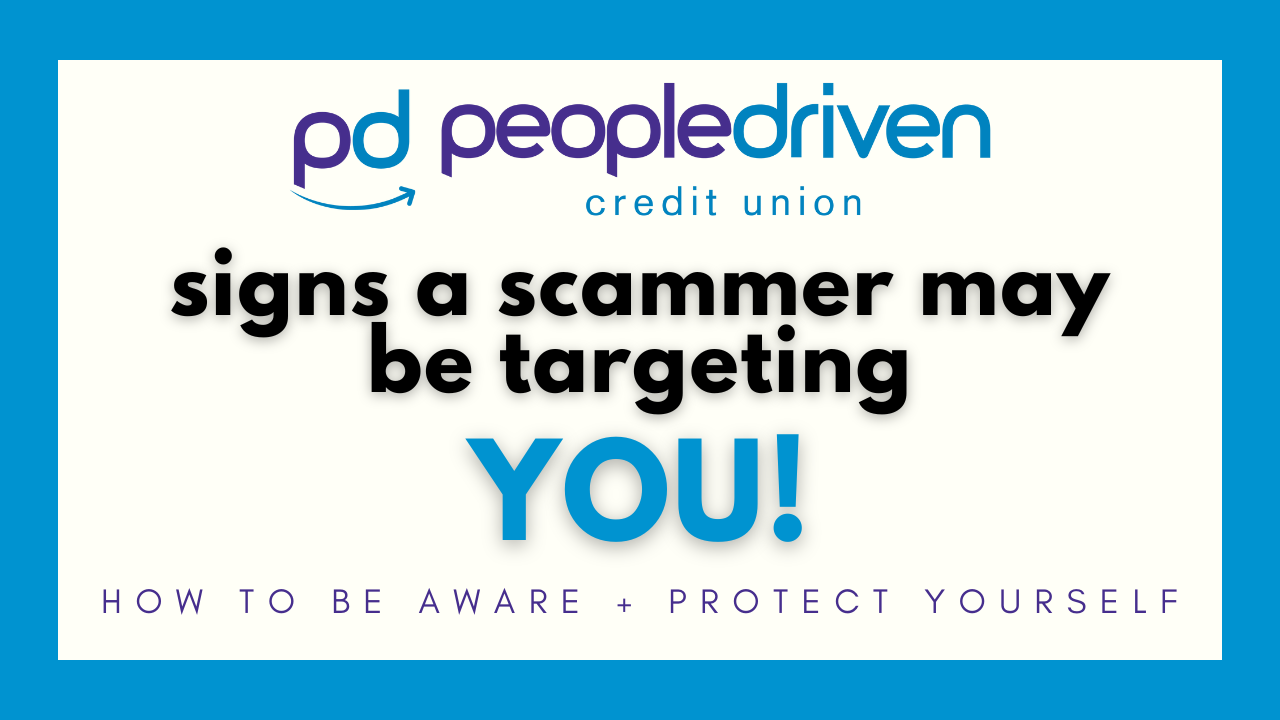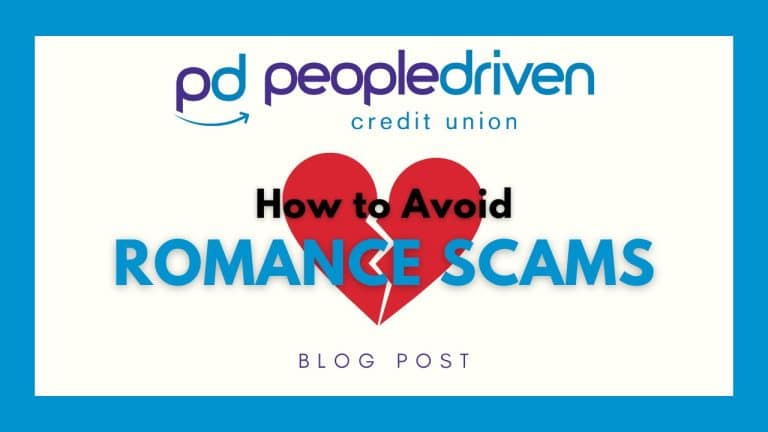
Scammers work hard to win your trust, but they often give themselves away if you know what to look for.
Being aware of the signs that a scammer may be targeting you is crucial for protecting yourself from potential financial or personal harm. Here are some common signs to watch out for:
- Unsolicited Contact: Scammers often initiate contact through unsolicited phone calls, emails, text messages, or social media messages. Be cautious if you receive unexpected communications from individuals or organizations you don’t recognize. They may even try to impersonate individuals or organizations they know are familiar to you.
- Pressure to Act Quickly: Scammers may create a sense of urgency to pressure you into making a quick decision without giving you time to think it over or seek advice. They might claim that you need to act immediately to avoid negative consequences or to take advantage of a limited-time offer.
- Requests for Personal Information: Be wary of any requests for personal or sensitive information, such as your Social Security number, bank account details, passwords, phone number, or other identifying information. Legitimate organizations typically won’t ask you to provide this information unsolicited.
- Too Good to Be True Offers: If an offer seems too good to be true, it probably is. Scammers often use enticing offers, such as guaranteed returns on investments, lottery winnings, or prizes, to lure victims into their schemes.
- Unsolicited Requests for Payment: Be cautious of requests for payment or wire transfers, especially if the request comes unexpectedly or if you’re asked to pay using unconventional methods like gift cards or cryptocurrency.
- Poor Communication or Documentation: Scammers may have poor communication skills or provide inconsistent or vague information. They may also avoid providing written documentation or refuse to answer specific questions about their offer or organization.
- Impersonation of Trusted Entities: Some scammers impersonate trusted individuals, organizations, or government agencies to gain your trust and deceive you into providing money or personal information. Always verify the legitimacy of the person or organization contacting you through independent means.
- Unsolicited Remote Access: Be cautious if someone contacts you unexpectedly and requests remote access to your computer or device. Scammers may use this tactic to install malicious software or steal personal information.
- Unusual Payment Methods: Be suspicious of requests to pay using unusual or untraceable methods, such as wire transfers, prepaid debit cards, or cryptocurrency. These methods are often favored by scammers because they’re difficult to trace and recover once the payment is made.
If you encounter any of these signs or feel uncertain about a situation, trust your instincts and take steps to verify the legitimacy of the communication or offer before taking any further action. It’s always better to be cautious and proactive in protecting yourself from potential scams.
What do you do if you think you’re being targeted?
If you suspect that you’re being targeted by a scammer, it’s important to take action to protect yourself and prevent potential financial or personal harm. Here’s what you can do:
- Cease Communication: Stop all communication with the individual or organization that you suspect may be a scammer. Do not respond to their calls, emails, text messages, or social media messages.
- Do Not Provide Personal Information: Avoid giving out any personal or sensitive information, such as your Social Security number, bank account details, passwords, or other identifying information, to the suspected scammer.
- Verify the Legitimacy: If the communication is from a company or organization claiming to be legitimate, independently verify their contact information and legitimacy. Look up their official website or contact them directly through a verified phone number or email address to confirm the authenticity of the communication.
- Report the Scam: Report the suspected scam to the appropriate authorities or organizations. You can report scams to the Federal Trade Commission (FTC) in the United States or to similar consumer protection agencies in other countries. You can also report phishing attempts to the Anti-Phishing Working Group (APWG) or to the company being impersonated.
- Protect Your Accounts: If you’ve shared any sensitive information or suspect that your accounts may be compromised, take steps to secure your accounts. Change your passwords immediately and monitor your bank accounts, credit cards, and other financial accounts for any unauthorized activity.
- Educate Yourself: Learn about common scams and stay informed about the latest scam tactics. This can help you recognize and avoid potential scams in the future.
- Seek Support: If you’re feeling overwhelmed or unsure about how to handle the situation, don’t hesitate to seek support from trusted friends, family members, or professionals. They can provide guidance and help you navigate the situation safely.
- Protect Others: If you’ve identified a scam, consider warning others to prevent them from falling victim to the same scam. Share information about the scam through social media, community forums, or other channels to raise awareness and protect others from potential harm.
By taking proactive steps to protect yourself and report suspected scams, you can minimize the risk of becoming a victim and help prevent others from falling prey to scams as well.
For more information on how to protect your personal and financial data online, visit our Fraud Alerts page.





